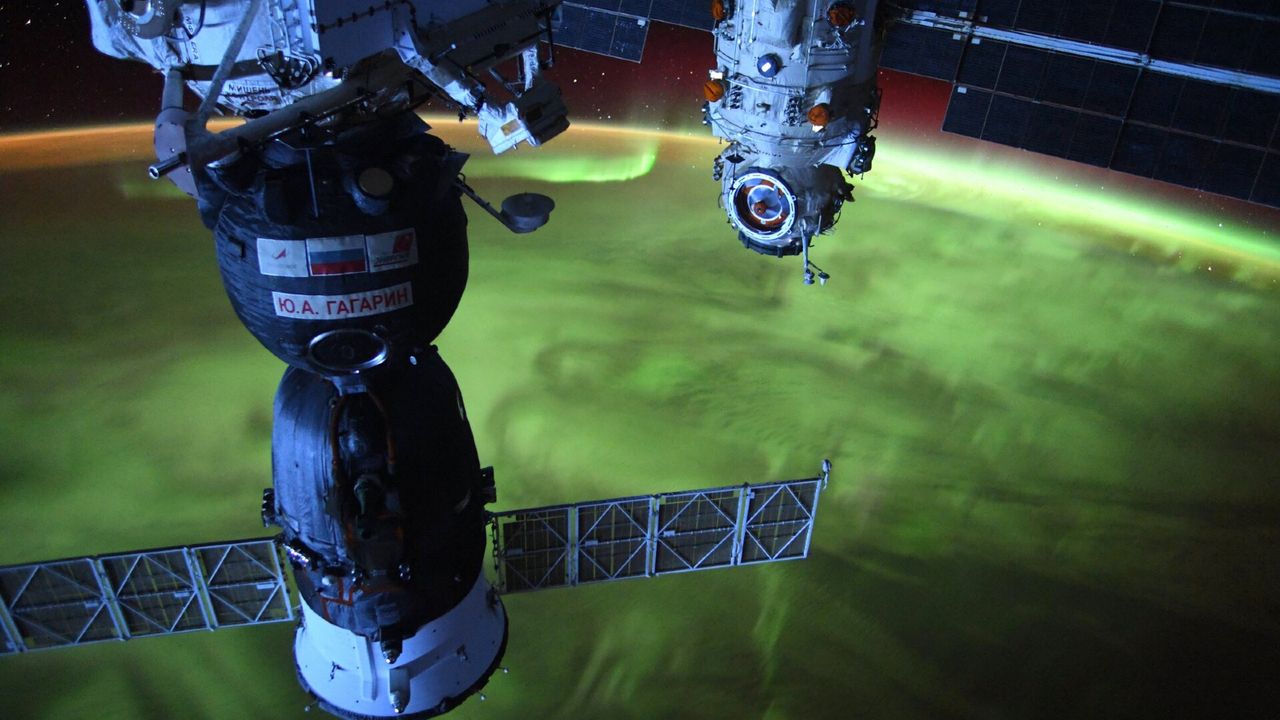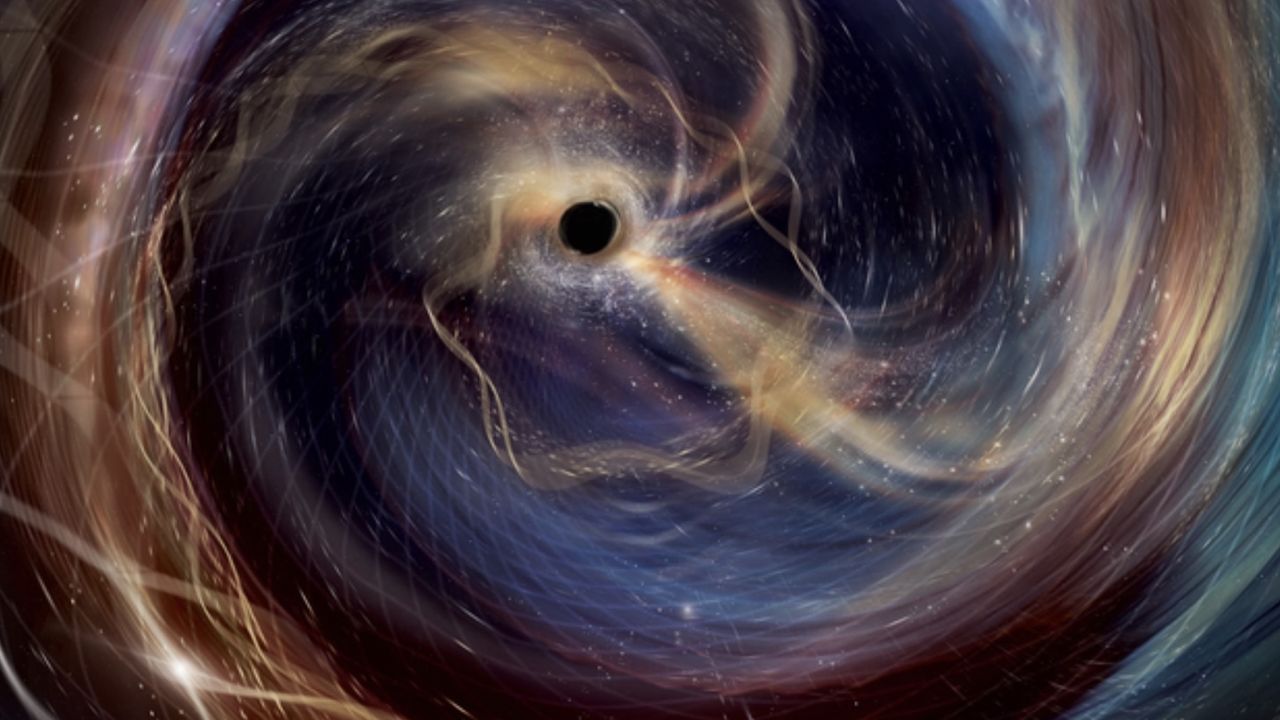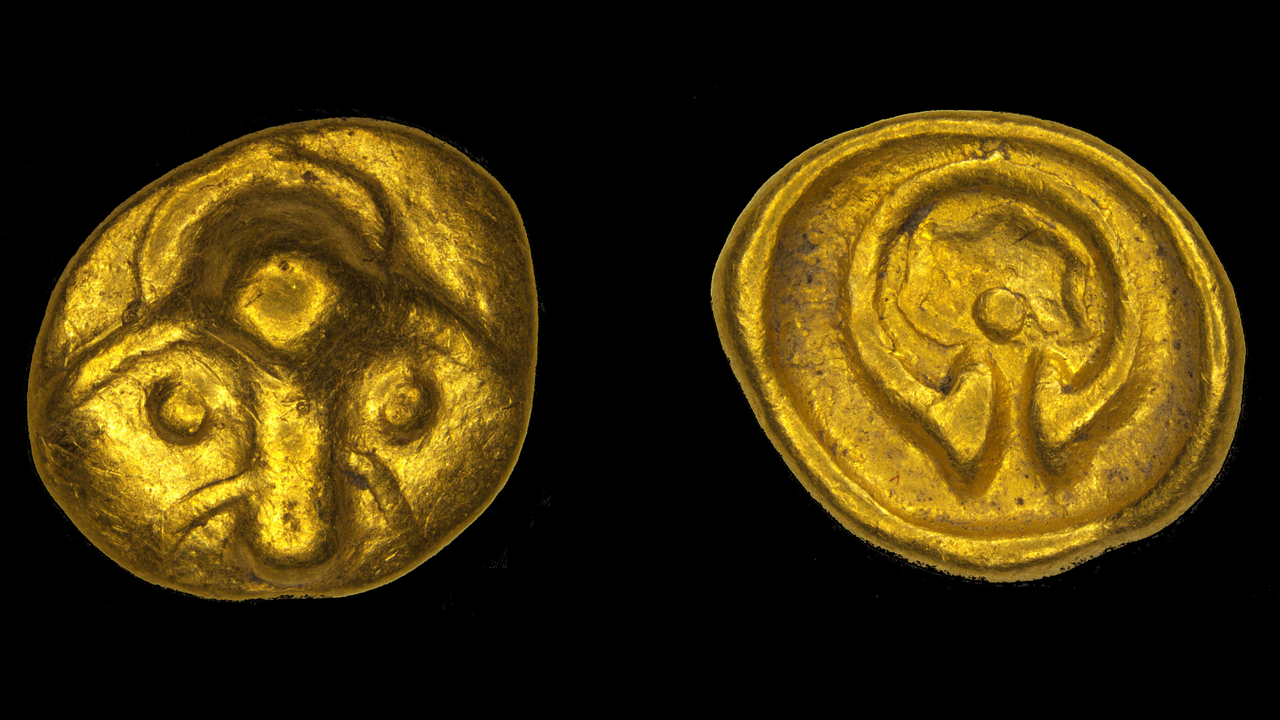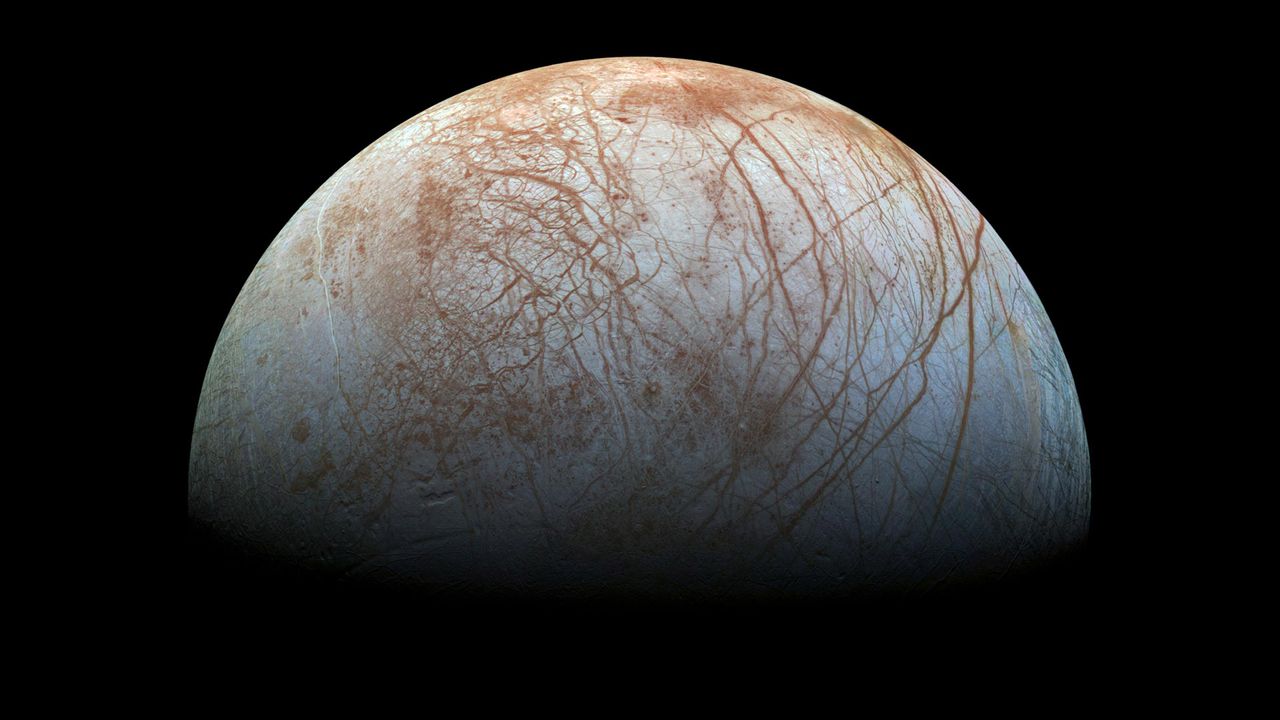Is Earth 'on the brink'? 2024 was likely our planet’s hottest year in 125,000 years
NegativeScience

Recent climate reports indicate that 2024 could be the hottest year for Earth in 125,000 years, raising alarms about our planet's health. This situation is critical as it highlights the urgent need for action to mitigate climate change. However, the reports also suggest that recovery is still possible if we act swiftly. This matters because it emphasizes the importance of addressing climate issues now to ensure a sustainable future for generations to come.
— Curated by the World Pulse Now AI Editorial System







